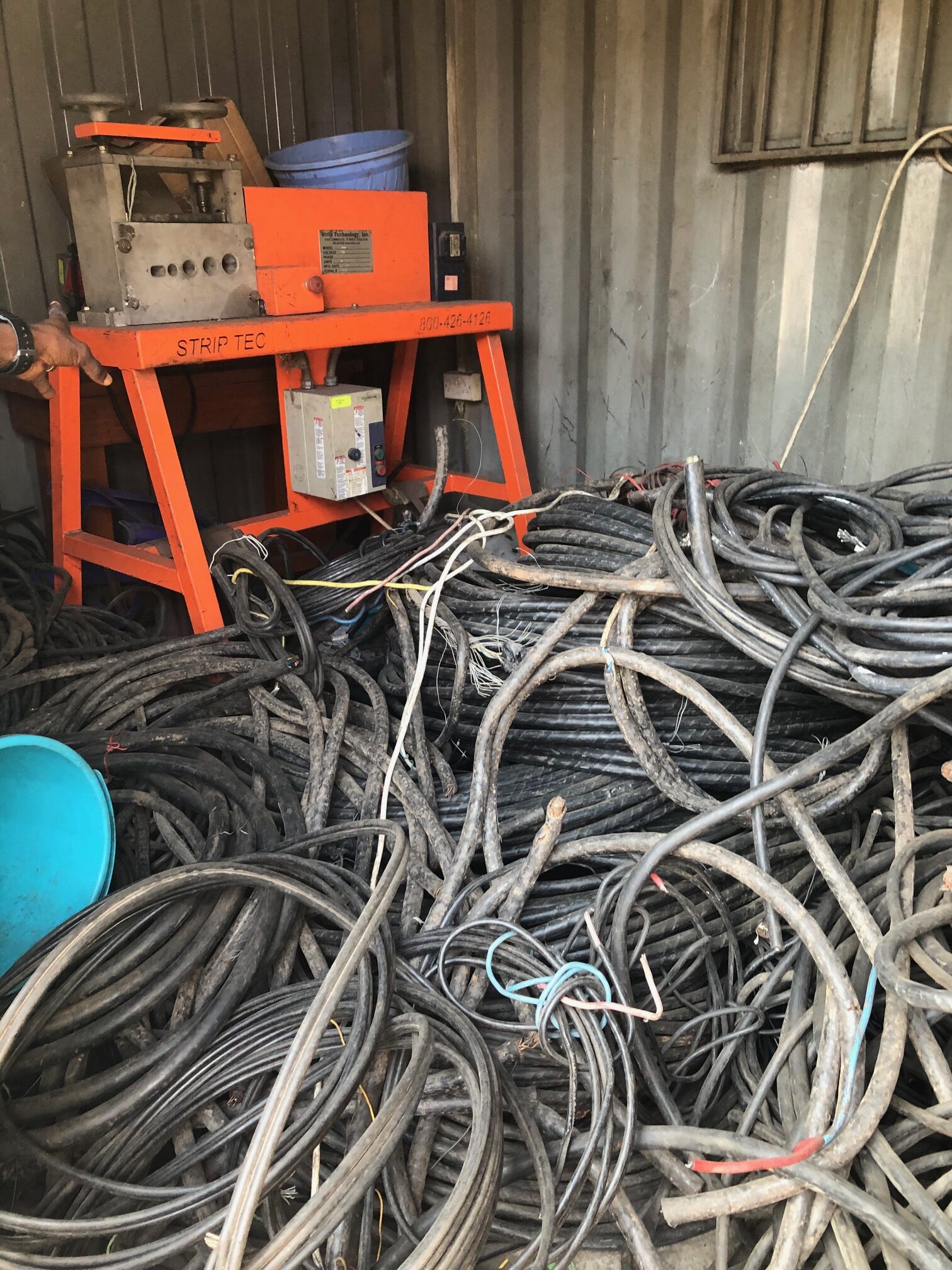West Africa’s booming secondhand car market is a lifeline for mobility, commerce, and livelihoods. But beneath the hood of opportunity lies a hidden environmental threat; e-waste. Increasingly, the import of used vehicles, particularly from Europe and North America, is doubling as a channel for the transboundary flow of electronic waste into West African countries like Ghana, Nigeria, and Côte d’Ivoire. These cars, often unroadworthy and laden with outdated electronics, are functioning as vessels of hazardous material, circumventing international laws and poisoning African ecosystems in the process.
The international export of electronic waste is governed by the Basel Convention, a multilateral treaty designed to control the movement of hazardous waste across borders. Yet loopholes abound. While direct shipment of broken computers or fridges is increasingly scrutinised, used cars, ostensibly functional products, are slipping through regulatory cracks. In many cases, used vehicles arrive with embedded e-waste such as broken air conditioning units containing CFCs, obsolete infotainment systems and navigation devices, non-functional wiring, batteries, sensors, and illegal secondary cargo like old printers. A 2020 report by the UN Environment Programme (UNEP) titled Used Vehicles and the Environment found that nearly 80% of used vehicles exported from the EU, Japan, and the United States to Africa are outdated and often non-compliant with modern environmental standards. In Ghana, up to 40% of these imported vehicles were deemed “end-of-life” by the time they hit the roads, or the scrapyards.
At Tema Port, Ghana’s busiest maritime hub, customs officials routinely encounter imported vehicles with non-functional or outdated onboard electronics. While many of these components are intended for repair or reuse, the reality is that a large portion becomes waste, burdening local disposal systems that are ill-equipped to handle them. Research by the Basel Action Network (BAN) found that these embedded electronics often end up at informal e-waste sites, where dismantlers manually extract valuable metals and burn off the rest, releasing toxic fumes into the surrounding environment. These components contain hazardous materials including lead, cadmium, brominated flame retardants, and PCBs (polychlorinated biphenyls), all of which pose serious risks to human health and the environment when improperly handled.
Importers and unscrupulous exporters exploit multiple systemic weaknesses to channel e-waste into West Africa through used vehicle shipments. One tactic is customs evasion, where outdated electronics are deceptively labeled as “accessories” or “spare parts” to bypass scrutiny. Others use visual camouflage, leaving non-functional devices intact to create the illusion of operational equipment. Compounding the problem is the lack of technical inspection capacity at many West African ports, where authorities are rarely equipped to assess the condition or function of embedded electronics. Regulatory gaps further exacerbate the issue, few countries in the region enforce stringent vehicle emission or e-waste laws, and enforcement efforts often depend heavily on external donor support. Africa is increasingly becoming a dumping ground for discarded technology from the Global North, frequently disguised as development assistance or affordable market goods. This allows environmental harm to travel across borders, hidden inside products meant to uplift, but too often destined to pollute.
The aftermath is severe; toxic pollutants contaminate urban farming zones, expose dismantlers to heavy metals, and turn scrap yards into de facto toxic landfills. This is not just an environmental issue; it’s a matter of global justice.
What begins as a used car shipment often ends as an ecological and public health disaster. E-waste embedded in imported vehicles remains an overlooked threat in West Africa, one that sits at the intersection of international trade, environmental degradation, technology, and urban vulnerability. Communities are left to absorb the fallout from outdated technology disguised as economic opportunity. The solution goes beyond stricter border controls, it requires a shared global responsibility to ensure that one region’s demand for constant technological upgrades does not become another’s long-term environmental burden. Cleaning up our future means ending the practice of hiding yesterday’s waste in tomorrow’s transport, and designing trade systems that prioritise safety, transparency, and environmental justice for all.
Kanchelli Iddrisu – CNS

